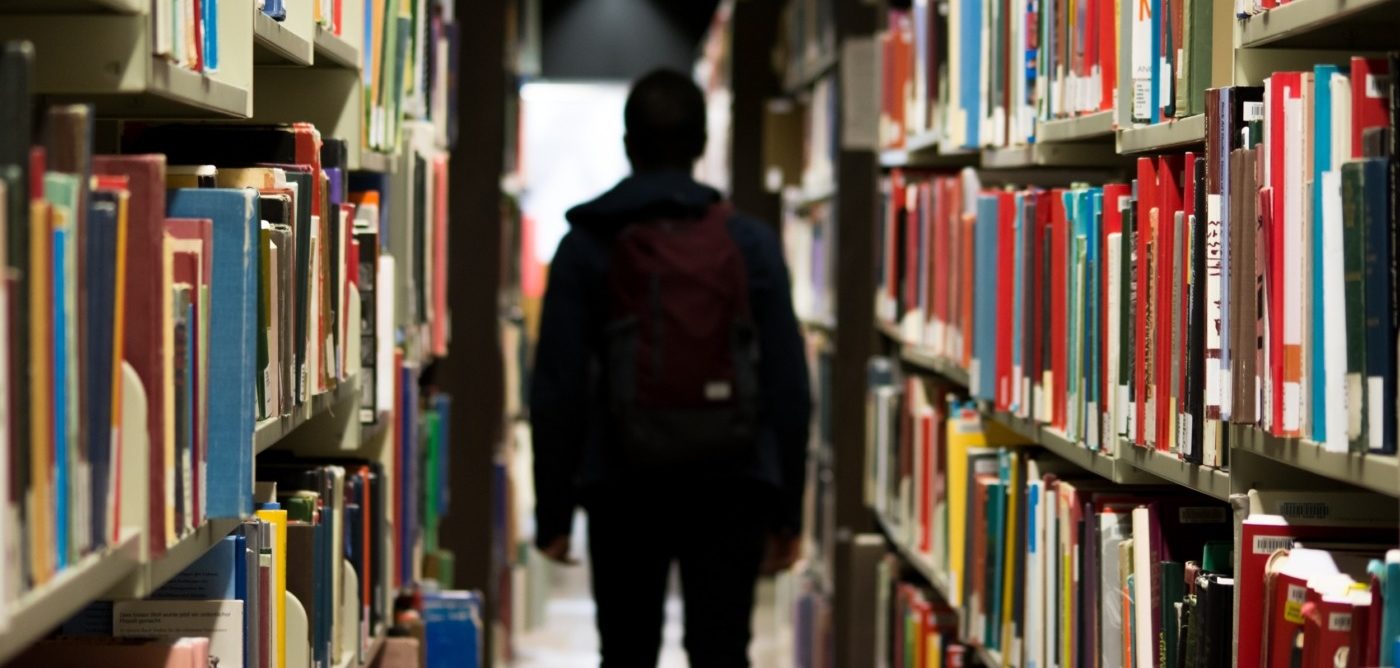Private schools are a positive influence in our education system
It is not uncommon nowadays to hear calls for the abolition of private schools. It is often claimed that they perpetuate inequality and elitism and widen social and economic divides, but such arguments ignore the flaws of state schooling. On top of this, they deny parents the freedom to choose the best quality education for their children and, worse still, they deny the right of adults to spend their money as they wish.
In a state school system, lower-income families are helpless and immobile. They often have no option but to send their children to the state schools in their catchment areas, which, in many lower income regions, cannot provide the same levels of education as those in higher income areas. Wealthier families, on the other hand, have numerous options available to them. They are able to move to catchment areas with better quality schools, giving their children access to education regardless of their academic merit. Wealthy parents also have the option of hiring private tutors for their children, yet again providing them with education inaccessible to lower income families. State schools are not as meritocratic as the fervent opponents of private schooling would have you believe.
They deny parents the freedom to choose the best quality education for their children and, worse still, they deny the right of adults to spend their money as they wish
You might be wondering, then, how private schools are any improvement on this situation. It is often argued that the prohibitive costs of private schools make them unfeasible as a solution. It does not have to be this way, however. Strict regulation on private schooling currently means that under 7% of British children are able to attend them. Yet research has shown time and again that low-cost private schools are plausible and pose a formidable challenge to state schools. Perhaps the most well known of such schools in the UK is the Independent Grammar School: Durham, which costs parents only £52 a week.
James Tooley, the school’s founder, experienced great success with his chain of private schools in Ghana, which are among the hundreds of thousands of cheap private schools springing up across Africa and Asia. Attendees of these schools often achieve higher results than state educated students, but teachers’ unions have vehemently opposed the introduction of such schools into the United Kingdom. While they may argue this is for the best interest of children, they may have an ulterior motive – namely the protection of teacher’s jobs in the state sector, regardless of ability or inclination.
Parents would gain alternatives to the scarce choices available to them within a system dominated by the state
It is important to note that I am not arguing in favour of privatising education or abolishing state schools. Rather this is simply an attempt to introduce some real competition to the state schooling system, which would bring a number of positive changes. As parents would have the ability to pay for their own low-cost, high quality education, the burden on the taxpayer to fund state education would be lowered. Parents would gain alternatives to the scarce choices available to them within a system dominated by the state. Further, much needed market competition with the state would incentivise the state to improve its own education without relying on an enforced monopoly through the over-regulation of private education.

Comments